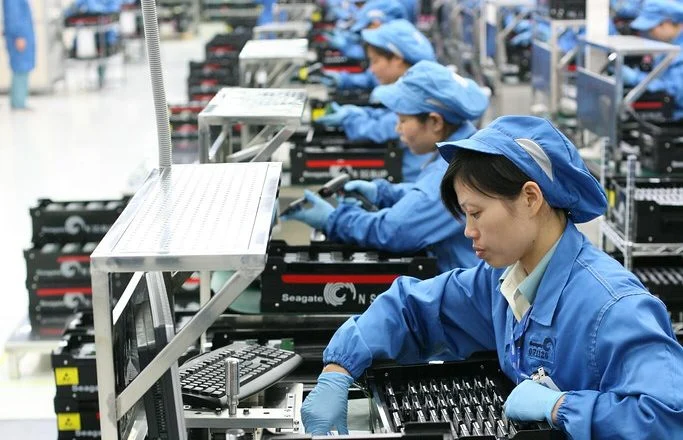The Employment Landscape of Older Migrant Workers in China’s Aging Society: The Role of City-Level and Industry Specialization
By Haobin Fan & Ting Zhang
As China’s population ages, more older workers are participating in the labor market, including a significant number of older migrant workers moving to urban areas. However, surprisingly little research has been done on their destination city and employment patterns. This paper addresses this gap by investigating the impact of city-level and industry specialization on the employment prospects of older migrant workers. Using both individual- and city-level data, we find that unlike prime-age migrant workers, older migrant workers have higher employment probabilities in relatively less-developed lower-tier Chinese cities than in better-developed high-tier cities like Shanghai, Beijing, Shenzhen, or Guangzhou. This phenomenon is driven by industry specialization, particularly in the construction sector, which fosters a dense labor market and facilitates higher job-finding rates. Additionally, construction firms and real estate developers in lower-tier cities are more willing to offer better wages than those in high-tier cities, which aligns with older migrant workers’ relatively moderate education profile and wage preferences over housing costs.
Source SSRN











